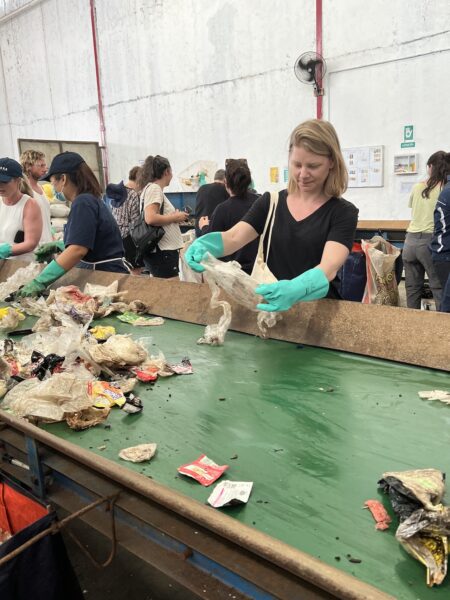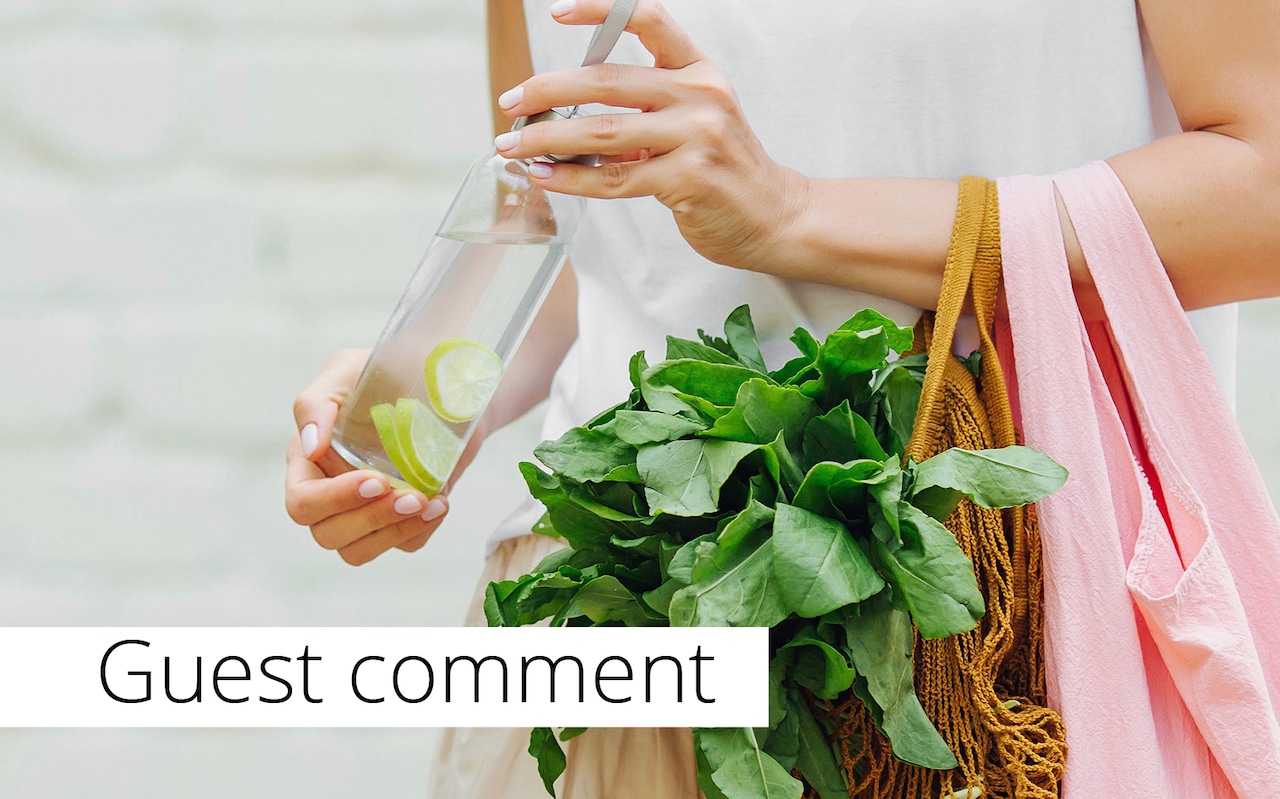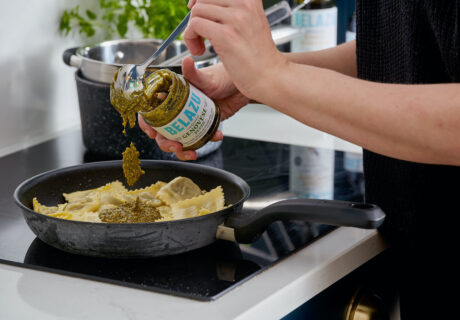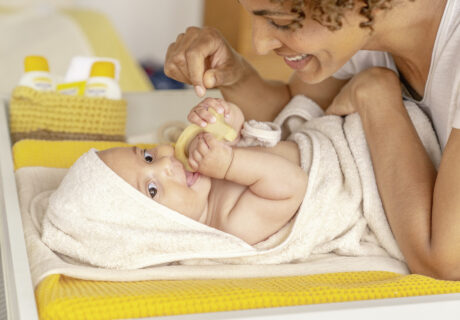In March I was invited to visit Jakarta, Indonesia, representing KMI Brands – now B Corp certified – and our in-house holistic beauty and wellbeing brand, Plantopia, to witness the impact our partner Ocean Waste Plastic has on local communities and environments.
Plantopia started partnering with Ocean Waste Plastic in 2020 when we first met Christian and Henrik, the founders. It was their passion and determination to help deal with the devastating impact plastic was having on the oceans and waterways in Jakarta that made us want to help them on this cause.
Plantopia works with Ocean Waste Plastic to remove the same amount of plastic from the ocean as we use in our packaging in order to protect our oceans, future generations and marine wildlife. We have currently removed 6,057kg of plastic from the oceans; that’s the equivalent of removing 611,818 standard plastic water bottles.

Day 1: Cisadane Beach
On the first day of the trip we were taken to Cisadane Beach, an island about 40 minutes outside of Jakarta. As we pulled up to the island all you could see was plastic – mile after mile. There was silence as we got off the boat and stepped onto the plastic beach. The magnitude of the problem and the devastating effect it was having on the environment hit us all.
 Day 2: ReSea Project Plastic Collection from the ocean
Day 2: ReSea Project Plastic Collection from the ocean
On day two, we visited Dadap River. We were introduced to the ReSea Project, set up by Ocean Waste Plastic. ReSea works by recruiting local fisherman who own their own boats to collect the plastic out of the waterways. The fishermen are trained to be able to sort the plastic into the different types (eg HDPE and PET) on the boat. Once sorted, they bag it up, tag the bags and enter it into an app on their phones so it is completely traceable. It is then taken to the storage facility in the village where the bags are weighed, and the fisherman are paid for the amount they have collected.
We had the opportunity of going out with the fishermen on their small boats to help collect the plastic to experience what it is like for them and to see what they are retrieving – plastic bags being one of the main culprits. We saw their homes and discovered how the project not only has a positive impact on their environment, but also their personal lives, offering them additional income to support their families and make vital home improvements such as raising the ground level to avoid their home sinking.

Despite the challenges they face, there was absolutely no questioning their passion and enthusiasm towards their work. Every person welcomed us with open arms, and it was heart-warming to be welcomed into their lives and communities.
It is almost impossible to describe the impact of being there and seeing first-hand what is happening to our environment
In the afternoon we were taken to the ReSea sorting house, the next step of the Ocean Waste Plastic journey. There, the bags the fishermen collect are transported to the warehouse, weighed and re-sorted. A conveyer belt is used, and the plastic is sieved thorough by hand to ensure any incorrect plastic type is filtered out. It is smelly and dirty work, and we found all kinds of waste when sorting through, but the teams were again so enthusiastic and grateful for the support.
Day 3: Recycling facilities
 On the last day we went to see the recycling facilities where the plastic that has been collected and sorted is washed and turned into plastic pellets, ready to be used in new products. Ocean Waste Plastic has partnered with third-party recycling plants out in Indonesia which have extensive experience in this area and provide this service at cost to support the initiative.
On the last day we went to see the recycling facilities where the plastic that has been collected and sorted is washed and turned into plastic pellets, ready to be used in new products. Ocean Waste Plastic has partnered with third-party recycling plants out in Indonesia which have extensive experience in this area and provide this service at cost to support the initiative.
It is almost impossible to describe the impact of being there and seeing first-hand what is happening to our environment. The lack of local waste management facilities, education and the use of single-use plastic in Indonesia means that this problem is not going to go away any time soon. There is, however, a small group of people who are starting to make a difference – on the environment but also just as importantly on individuals’ lives who are now involved in this project.
I’m grateful to KMI Brands for giving me this opportunity and want to thank everyone at Ocean Waste Plastic for such an insightful trip. We look forward to continuing our partnership with Ocean Waste Plastic and will be working towards using the recovered and recycled plastic in our own production line in the future.







